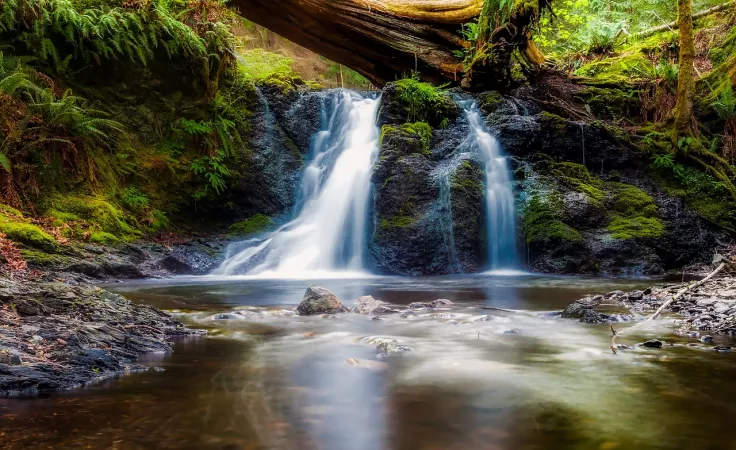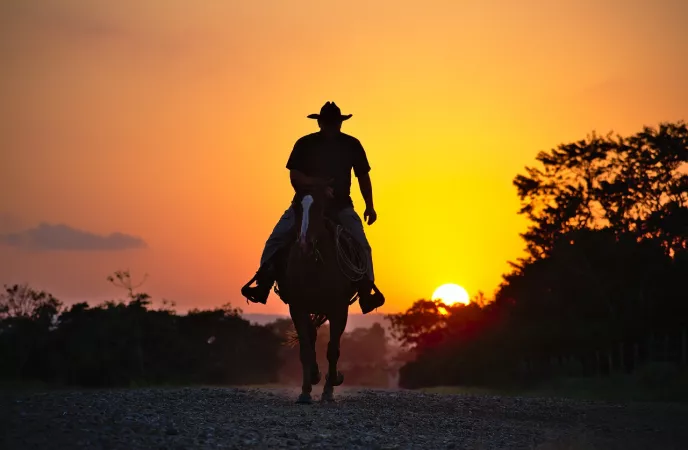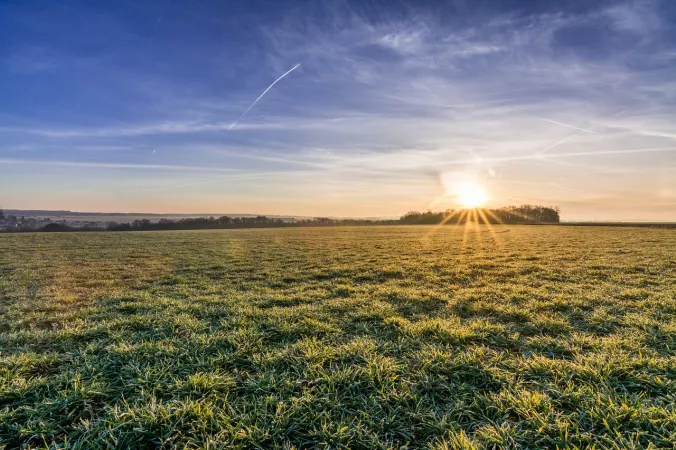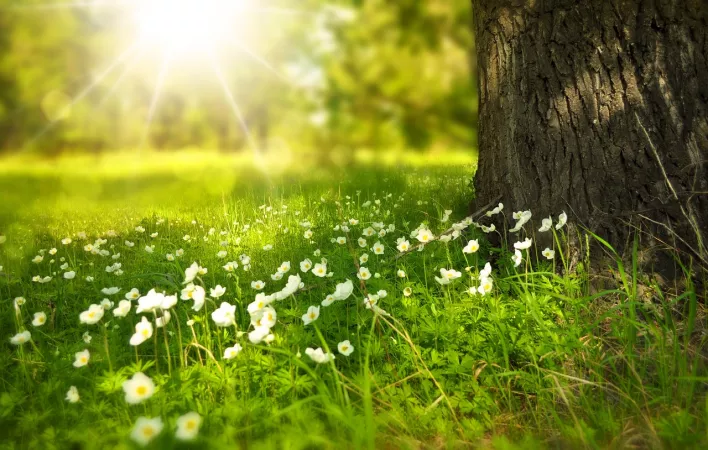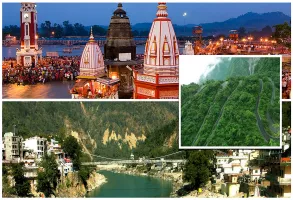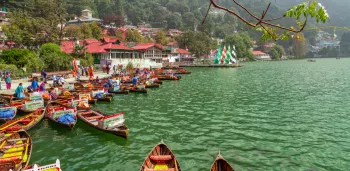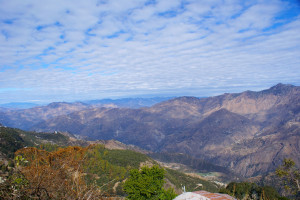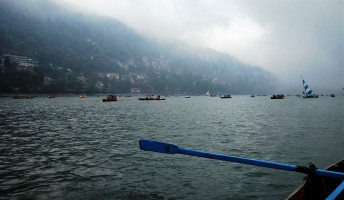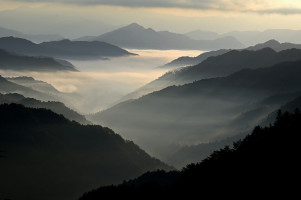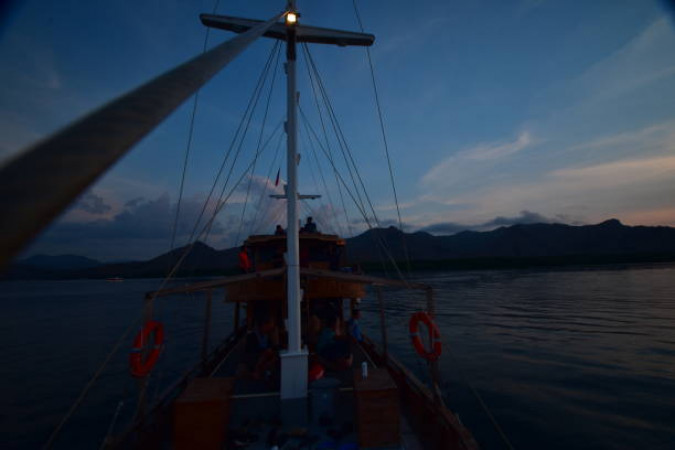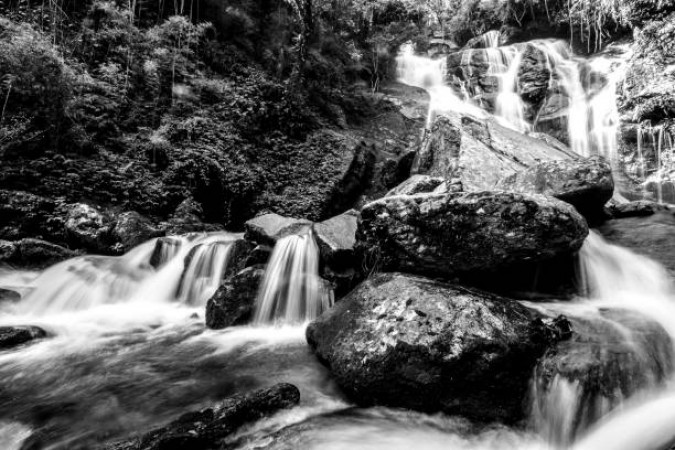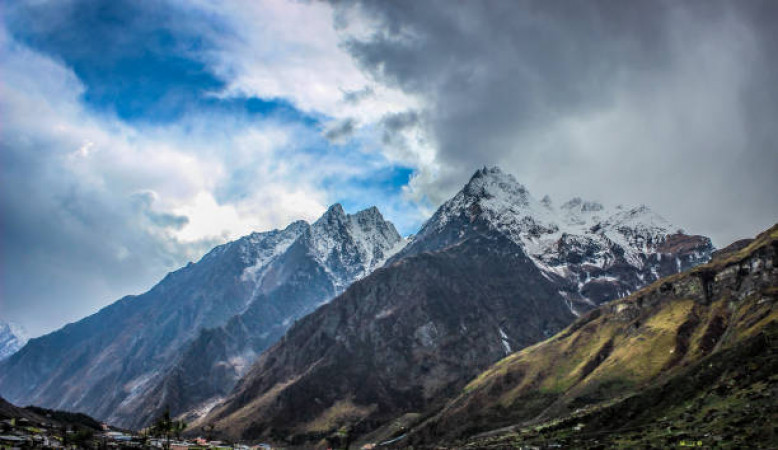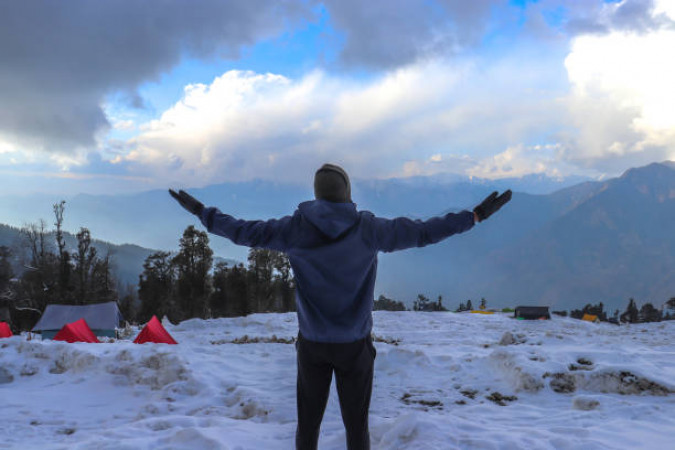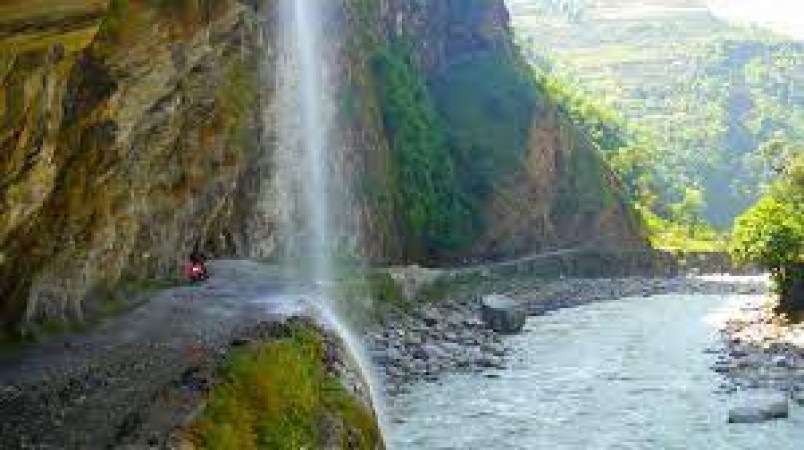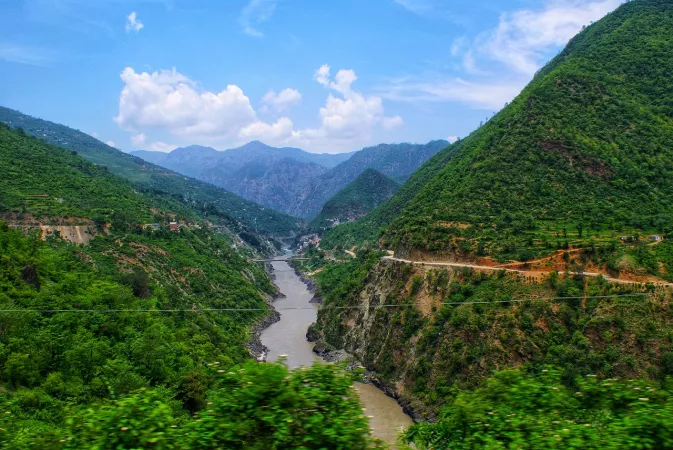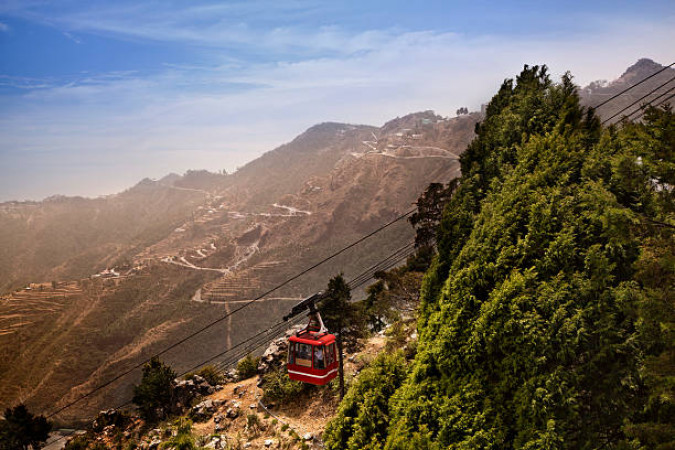
Mussoorie
Package
2500 to 4000
2500 to 4000
Duration
2 to 4 Days
2 to 4 Days
Best time to visit
Apr-Jun, Sep-Oct
Apr-Jun, Sep-Oct
Theme
Hill Station, Adventure
Hill Station, Adventure
Mussoorie Travel Guide
Mussoorie, located in the foothills of the Garhwal Himalayan ranges, is a picturesque hill station in Uttarakhand, India. Known as the "Queen of the Hills," Mussoorie is famous for its lush greenery, pleasant climate, and stunning views of the Himalayas. The town was established by the British in the 19th century as a summer retreat and has since become a popular tourist destination.Top Attractions in Mussoorie
- Gun Hill
- Kempty Falls
- Lal Tibba
- Camel's Back Road
- Mussoorie Lake
Mussoorie is Famous for
Mussoorie is famous for its panoramic views of the Himalayas and its colonial charm.Top Attractions in Mussoorie
- Enjoying a cable car ride to Gun Hill
- Swimming under the Kempty Falls
- Exploring the highest point in Mussoorie at Lal Tibba
- Trekking along Camel's Back Road
- Boating in the serene Mussoorie Lake
What's Great about Travelling to Mussoorie?
- Stunning views of the Himalayas
- Perfect for nature lovers and adventure enthusiasts
- Refreshing climate throughout the year
What's Not So Great about Travelling to Mussoorie?
- May get crowded during peak tourist seasons
- Limited public transportation options within the town
- Not ideal for those seeking a bustling city experience
Travel Tips for Mussoorie
- Carry warm clothing, as the weather can get chilly
- Book accommodations in advance during peak seasons
- Be cautious while trekking or hiking in the hilly terrains
Important Mussoorie trip information
- Ideal Duration: 3-4 days
- Best Time to Visit: March to June and September to November
- Nearby Airports and Railway Stations: The nearest airport is Jolly Grant Airport in Dehradun, and the closest railway station is Dehradun Railway Station.
Top 14 Places to visit in Mussoorie
Total
31,000
*EXCLUDING APPLICABLE TAXES 4.1 Ratings
( 56 Reviews )
( 56 Reviews )
Per Person
26,800
*EXCLUDING APPLICABLE TAXES 4.3 Ratings
( 389 Reviews )
( 389 Reviews )
Per Person
10,500
*EXCLUDING APPLICABLE TAXES 4.2 Ratings
( 41 Reviews )
( 41 Reviews )
Per Person
15,000
*EXCLUDING APPLICABLE TAXES 5.0 Ratings
( 157 Reviews )
( 157 Reviews )
Per Person
23,000
*EXCLUDING APPLICABLE TAXES 5.0 Ratings
( 157 Reviews )
( 157 Reviews )
Per Person
22,000
*EXCLUDING APPLICABLE TAXES FAQ's on Mussoorie
Q1: What is the best time to visit Mussoorie?
In Mussoorie, the best time to visit is during the summer months from March to June when the weather is pleasant and ideal for outdoor activities. Monsoon season from July to September offers lush greenery but can bring heavy rain. Winter from October to February is perfect for snow enthusiasts. Consider visiting during the Mussoorie Winterline Festival in December for a unique experience.
Q2: Do I need a visa to travel to Mussoorie?
Most visitors to Mussoorie will need a valid Indian visa to enter the country. However, travelers from certain countries may be eligible for e-Visa facilities or visa on arrival. It is recommended to check the specific visa requirements based on your nationality before planning your trip to Mussoorie.
Q3: What are the must-visit attractions in Mussoorie?
Mussoorie is famous for attractions like Kempty Falls, Gun Hill, Lal Tibba, Company Garden, and the Mall Road. Don't miss the breathtaking views from the Cloud's End or take a cable car ride to Gun Hill for panoramic vistas. Explore the colonial architecture and enjoy a peaceful walk in the Camel's Back Road.
Q4: Is Mussoorie a safe place to travel?
Mussoorie is generally a safe destination for travelers. However, like any other place, it's advisable to take precautions against petty theft and to be aware of your surroundings, especially at crowded tourist spots. Avoid isolated areas at night and follow basic safety guidelines to have a smooth and enjoyable trip.
Q5: What is the local currency in Mussoorie and can I use credit cards?
The local currency in Mussoorie, like the rest of India, is the Indian Rupee (INR). While larger establishments and hotels may accept credit cards, it's recommended to carry cash for small purchases and in local markets. ATMs are available in Mussoorie, especially in the main town area.
Q6: What is the local cuisine like in Mussoorie?
offers a variety of local and North Indian delicacies. Indulge in traditional dishes like Aloo ke Gutke, Kappa (a local green), and Bal Mithai (a sweet dessert). Don't miss trying the Garhwali cuisine for an authentic taste of the region. Vegetarian options are prevalent, but you can also find non-vegetarian dishes in restaurants.
Q7: What transportation options are available in Mussoorie?
In , transportation options include local buses, shared taxis, and auto-rickshaws for short distances. Renting a car or hiring a private taxi is convenient for longer journeys or exploring nearby attractions. Additionally, horse riding is a popular mode of transport for getting around in certain areas of Mussoorie.
Q8: Are there any cultural norms or etiquette I should be aware of when visiting Mussoorie?
When visiting , it's essential to respect the local culture and traditions. Dress modestly when visiting religious sites, remove shoes before entering temples, and ask for permission before taking photographs of locals. Greeting people with a "Namaste" is appreciated, and showing politeness and humility in interactions is valued in Indian culture.
Q9: I am a travel agent. How can I buy travel leads of Mussoorie?
Register yourself as a travel agent at agents.tripclap.com and then you can buy travel leads to Mussoorie once your account is approved. For more details contact our support team at +91-8069186564 or support@tripclap.com

